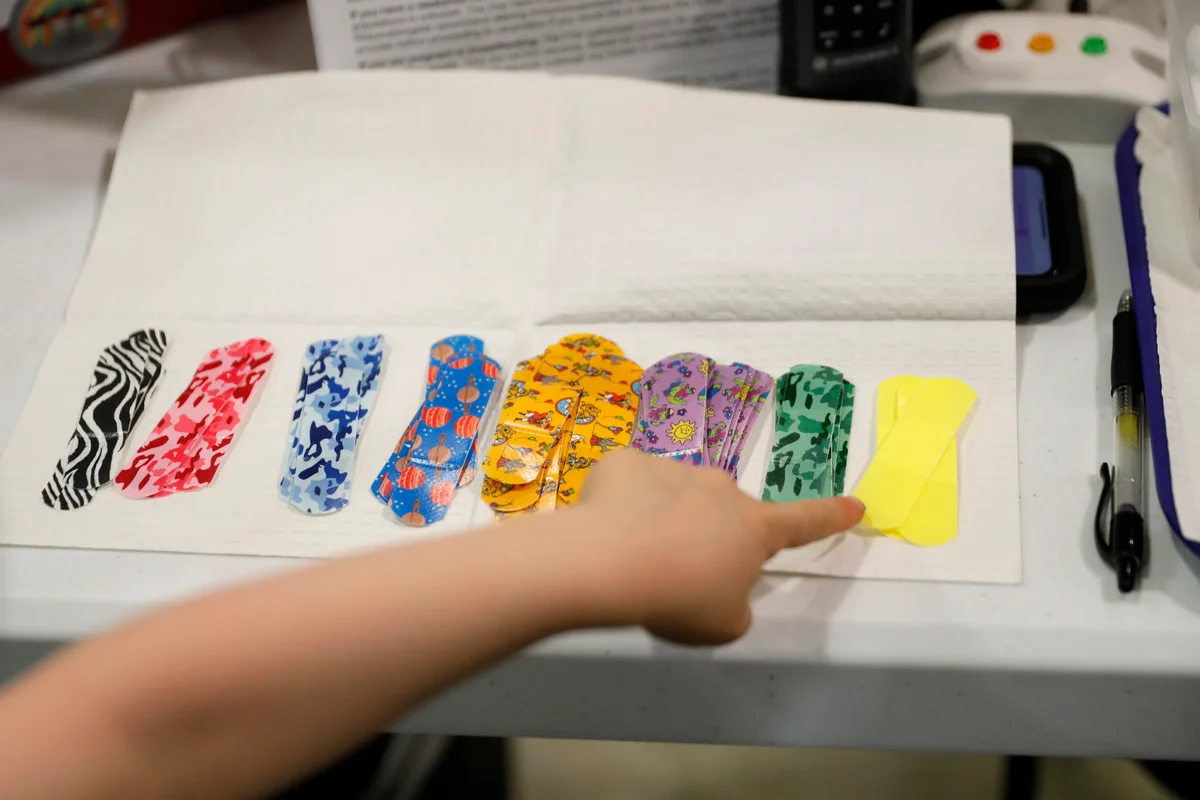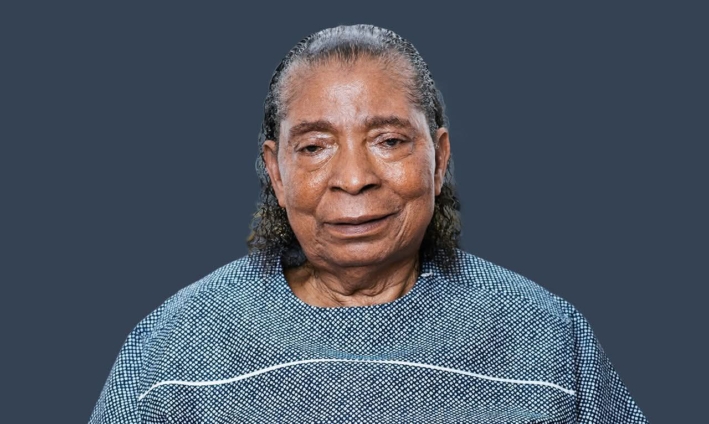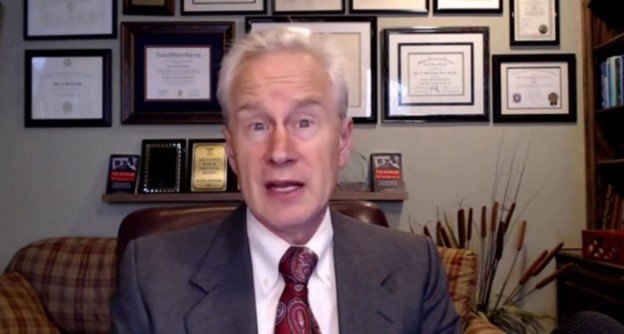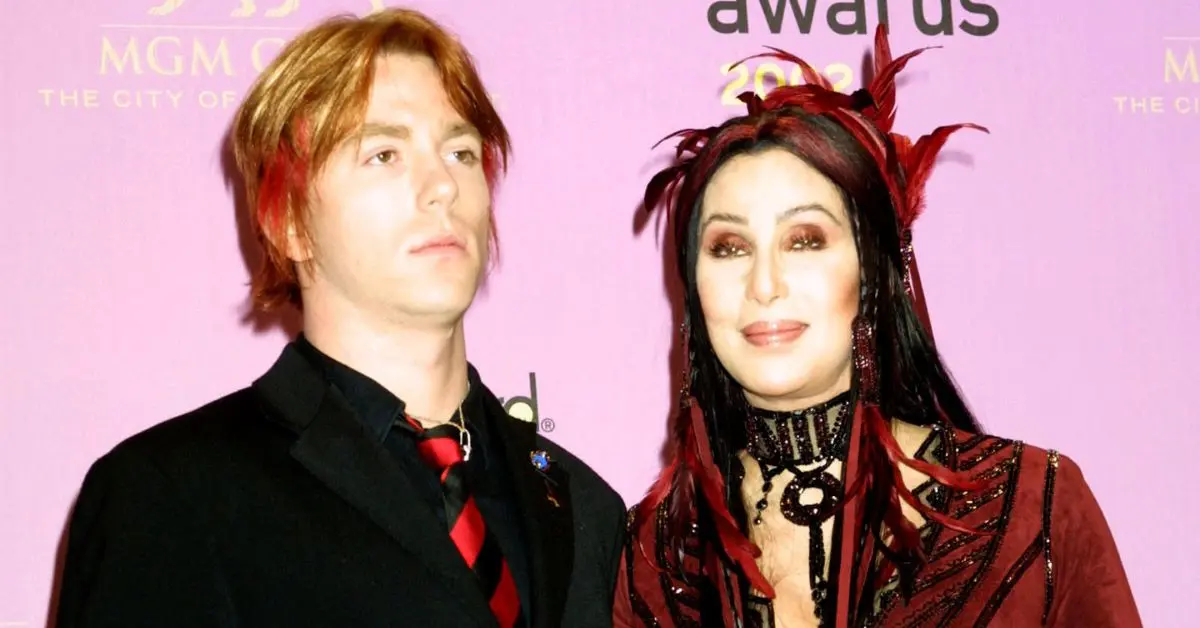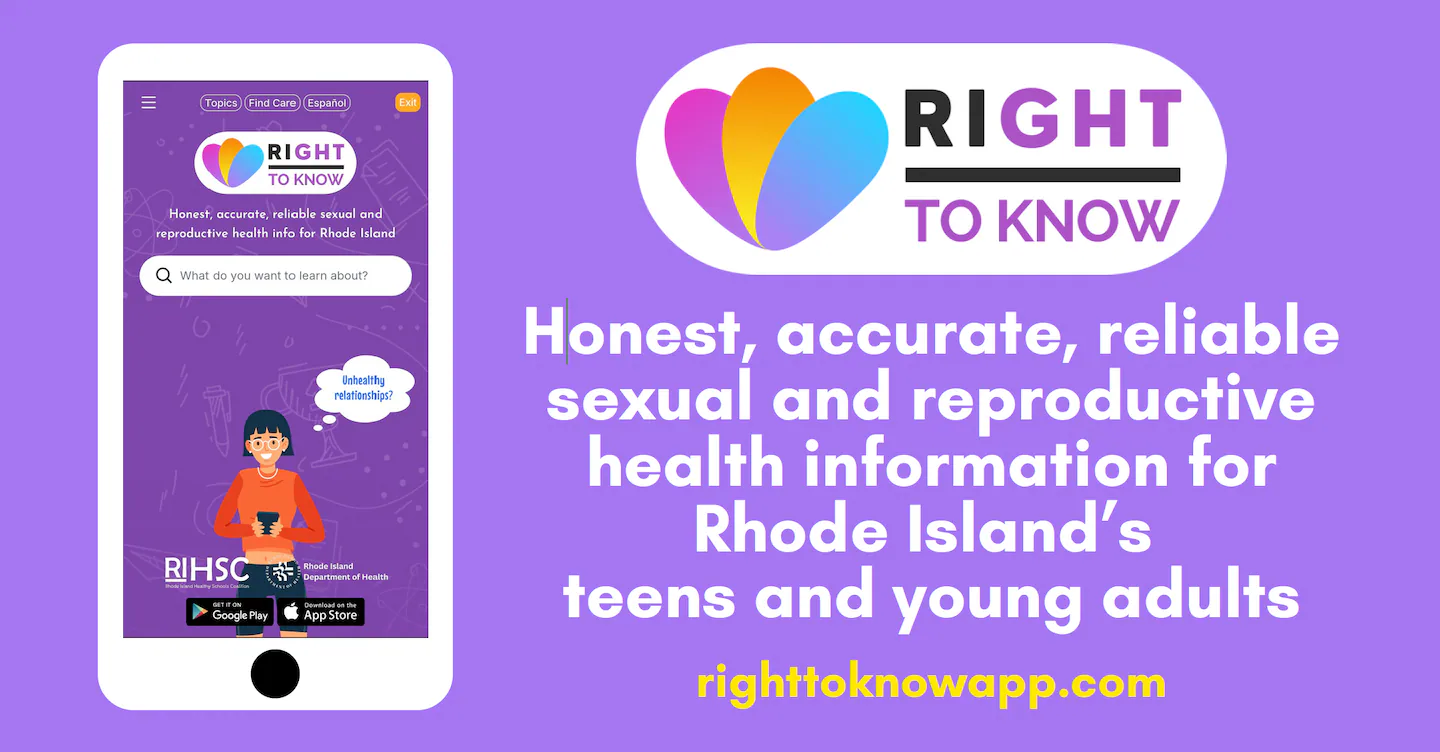
The app, features real stories, vocabulary explanations, frequently asked questions about intimate topics, a section dedicated for parents, and a service locator for finding free condoms, birth control, and STI testing in Rhode Island.
The free app was developed in collaboration with public health experts, clinicians, and youth, and aims to provide reliable, medically accurate information on sexual and reproductive health. The Rhode Island chapter of the American Academy of Pediatrics, the Rhode Island Academy of Family Physicians, the Rhode Island Certified School Nurse Association, and Brown University Health have shared the app with its members.
RIght to Know has 38,573 users since its launch two years ago. It’s available as a mobile-enhanced website or as a download on Google Play and Apple App Store.
Karin Wetherill, co-director of the RI Healthy Schools Coalition, spoke to Globe Rhode Island about RIght to Know.
Q. What have you learned?
Wetherill: We learned that a lot of adults were using it as a way to support young people in their lives. … I was in one suburban community doing a presentation, and one of the school committee members, a mom, took a card. Late that night, I got an email from her, and she said, I just have to tell you, I was out with my 14-year-old daughter walking the dog tonight, and she had questions about the HPV vaccine and what it meant if you were sexually active or if you weren’t. And she said, ‘I just didn’t have the answer. Then I remembered I had this in my pocket, and I pulled it out and said, Hey, let’s look at this together. …’
Where did the idea come from?
Through our partnership with the Department of Health. They came to us with this idea and said, What do you think about developing an app? Because what we do know … is that young people are not getting the information they need about sexual and reproductive health.
I think all of us believe that you can present certainly age-appropriate, developmentally-appropriate information, but they may need it now. But where do you go for reliable, medically accurate information? And we know with young people, when they walk around with these [phones] in their hands, they have access to all kinds of things that may not be actual, straightforward, easy-to-understand information.
What was so important from the beginning was an advisory group. We had public health experts, clinicians, pediatricians, family practice doctors, because they have a short window of time with their patients.
And they have a lot of things to cover.
And young people may not ask the questions. Young people are timid. They sometimes are embarrassed. They want to think that they know it all.
So doctors were saying, this is critical. This is just a tool that they can say to a young person, or to a parent, that you can have if you need information.
Our public schools teach health education, and human sexuality is a part of it, but I’d say sometimes the educators are not comfortable teaching this.
So, we had the health educators, the health providers, parents, we had some from Planned Parenthood who were community sexual health educators, and then youth (in the advisory group).
What were the youth telling you?
One of our features is real stories — that was absolutely an idea of the youth [who said] we want to not feel so alone, like other people are kind of going through similar things or have the same questions.
Then, there’s “find care and condoms,” and it’s very simply, three services. How do you find free condoms? Where can you get birth control family planning services, and where can you get tested for STIs and HIV? So you can very easily locate your city or town or by the service, and then even find those that are federally funded on a sliding scale.
We also have a section on rights and privacy, because there are laws governing what the rights are of people and when they can consent to their own care or when they can access care without parental permission.
What do you know about how it’s being used?
Right after COVID, one of the earlier presentations was with a group for all the colleges and universities that regularly meets around [preventing] sexual violence. I was shocked to hear them say when new freshmen come in, they’re kind of still like high schoolers. They were saying, college students need this information.
Have you had any pushback?
We have not had any pushback! There’s no agenda here. It’s just information.
I remember one time at a wellness meeting, the department chair for the health department was sharing the curriculum. When he got to sex ed, you could see on one side of the room there was one mom, and on the other side was another, and they both were getting a little uncomfortable. One raised her hand. She had very young children, and she said, “I think my husband should talk to my sons. I don’t think this should be done in school.”
Then the other mom said, “People, take your blinders off, to say that we shouldn’t talk about this, and it’s not going to happen — we need to equip young people earlier, so that when they are making these decisions for themselves, they have the information, the knowledge, and resources that they need.”
It was a high school student that finally said, “It doesn’t mean that we’re going to act on this, or that this is going to make us do something. It’s just information that we need.”
And then everyone kind of went, “Oh.”
The Boston Globe’s weekly Ocean State Innovators column features a Q&A with Rhode Island innovators who are starting new businesses and nonprofits, conducting groundbreaking research, and reshaping the state’s economy. Send tips and suggestions to RINews@globe.com.
